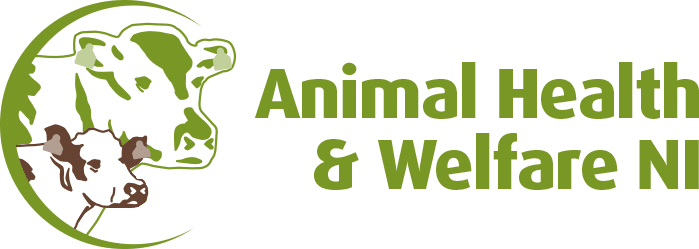Measures to control infection focus on two areas;
- Preventing the introduction of infection onto the farm
- Limiting the transmission of infection within the farm
Infection is usually introduced onto a farm through the purchase of an infected animal or bringing material onto the farm that contains the bacteria that cause infection. Wherever possible, animal movements onto farms should be minimised. Where purchases are made they should be from farms where there is a high confidence of disease freedom. However, in most cases the disease status of herds will be unknown.
The other route of introduction is through infective material brought onto the farm e.g. shared colostrum or slurry spread from other farms, particularly onto pasture grazed by younger animals. Wherever possible these practices should be avoided or measures put in place to limit their impact
Once infection is present on a farm it is important to limit the exposure of calves to the bacteria that cause the disease through removing the sources of infection and maintaining excellent calf hygiene standards. Any animals that are shedding the bacteria should be culled. Infected animals that test positive on blood or milk are more likely to be shedding the bacteria in their faeces, and these animals should therefore be culled as soon as possible.
A high level of hygiene within the calf environment is crucial, i.e. calf areas must be kept clean and free of adult cattle dung. Importantly, the bacteria can be found in the colostrum and milk of infected cows both through the direct excretion of the bacteria into the milk and through dung contamination. For this reason, pooling of colostrum and milk and the use of milk from cows of uncertain Johne’s disease status should be avoided.
A significant number of calves born to clinically affected cattle can be infected while still in the womb. Consideration should be given to fattening the calves of infected cattle for slaughter so that they are removed from the herd before infection progresses and they become a potential additional source of infection within the herd.


